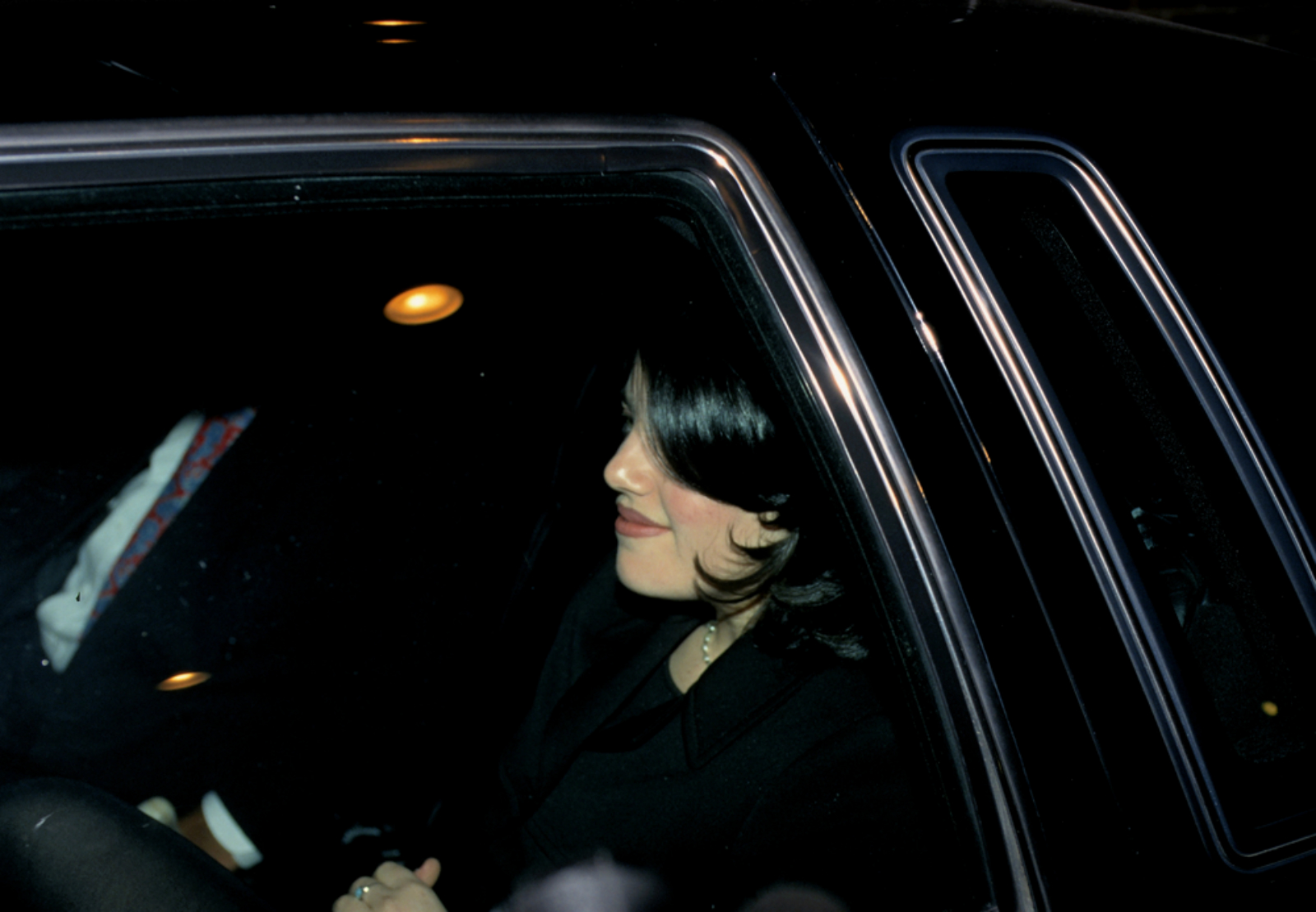We’re the 90s the false hope of feminism?

We’re the 90s the false hope of feminism? On the face of it, the 1990’s is when women really came to their own: delaying marriages, rising in the workforce, and significantly reducing the gender gap in education and employment. Across the world, there was a growing number of female leaders in politics, business, and entertainment were becoming rising superstars, and the conversatism that pervaded many traditional societies appeared to resisting a little less forcefully. But these statistics, which saw 1992 declared “the Year of Women,” simply changed the face of misogyny, writes Allison Yarrow for the Times. The fact that the cultural backlash against it has manifested as the #Metoo movement some two decades later is indicative of how deceptive the 1990’s was for women’s writes.
It’s where the culture wars started: The established mechanisms of fortifying the glass ceiling may have shifted, but a bigger backlash against feminism emerged in the 1990s in the US, argues Yarrow. “The more women assumed power, the more power was taken from them through a noxious popular culture that celebrated outright hostility toward women and commercialized their [REDACTED] and insecurity. Feminist movements were co-opted. Soon, women would author their own [REDACTED] objectification.” The emergence of the 24-hour news cycle and highly commercialized media landscape made matters worse, with scandals centered on women were continuously aired, with advertising and entertainment focussing heavily on appearance and morals.
But perhaps the most insidious form of cultural backlash came with feminism being used against women, she argues. Female empowerment became a byword for emasculation, prudishness, and trouble makers.